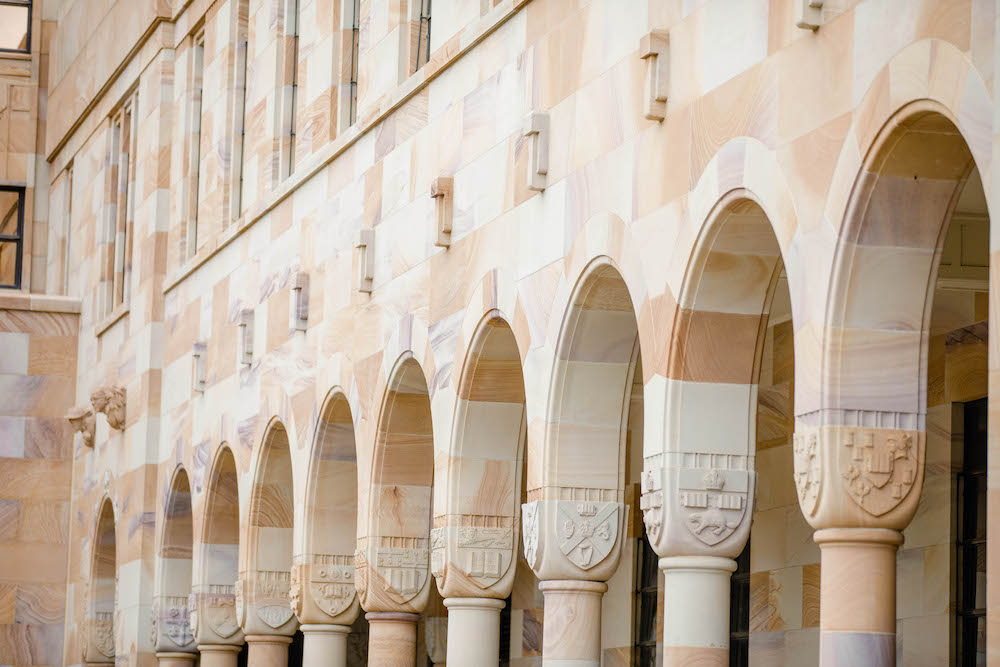 The Australian Research Data Commons (ARDC) is supporting The University of Queensland with more than $600,000 to preserve its research data collections of national importance.
The Australian Research Data Commons (ARDC) is supporting The University of Queensland with more than $600,000 to preserve its research data collections of national importance.
RCC Director Professor David Abramson is leading UQ’s project team, which will ensure these collections meet international metadata and research data storage standards.
“Research data storage represents a significant cost for UQ and other research-intensive universities,” said David. “This co-investment is very important and will assist UQ in meeting its obligations to both store research data and make it available to others.”
Like other partners in phase two of ARDC’s Data Retention project, UQ will make use of international and contemporary research data management practices to enrich data collections with controlled and consistent structural metadata to drive NCRIS (National Collaborative Research Infrastructure Strategy) and FAIR (Findable, Accessible, Interoperable and Reusable) data principles.
ARDC Research Data Infrastructure Architect Dr Max Wilkinson said: “ARDC encourages the adoption of international metadata standards as a valuable way to make research outputs more finable and reusable, in line with the FAIR principles .”
Earlier this year, ARDC invited universities and NCRIS capabilities to apply for strategic investment to preserve their significant national data collections.
UQ will work on phase two of the Data Retention project from September 2021 to June 2023.
It is intended that the minimal but purposeful metadata requirements will significantly impact the context, utility and cultural oversight of important Australian data collections by embedding a consistent and national view.
Metadata are used to facilitate and support resource discovery, identification, organisation and interoperability. It is information about an object or resource that describes characteristics such as content, quality, format, location and contact information.
ARDC launched the Data Retention project last year to increase the impact of investment in underpinning infrastructure that store important data collections. The ARDC is enabled by NCRIS, a federal Government initiative.
The aim is to build a national storage infrastructure investment strategy that can scale and respond to demand.
Part of the project involves establishing a coherent and consistent view of important data collections across the national research sector and quantify the operational requirements to store and present those collections in line with data principles.
“A robust and sustainable national data storage capability will be essential in providing the Australian research sector a competitive advantage and maximise the impact of NCRIS investments,” said Max.
Carmel Walsh, Director of eResearch Infrastructure and Services at ARDC, said: “Together with the ARDC Nectar Research Cloud, the Data Retention Project underpins a robust and responsive national data commons.”
ARDC’s Data Retention project complements its Institutional Underpinnings program, building a bridge between research data management and operational infrastructure management.
UQ is working on the Institutional Underpinnings program with 24 other Australian universities to develop a framework to bring consistency to the management of research data across the university sector. (Read our separate article about the Institutional Underpinnings program.)



